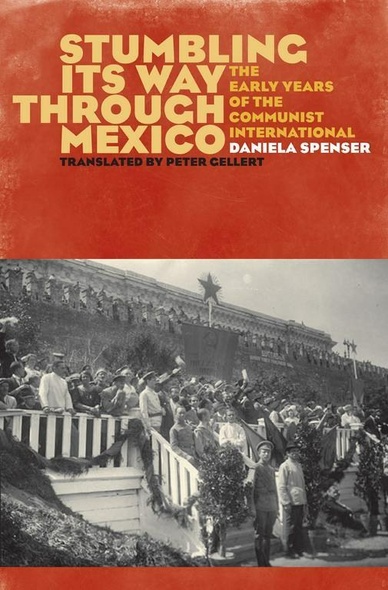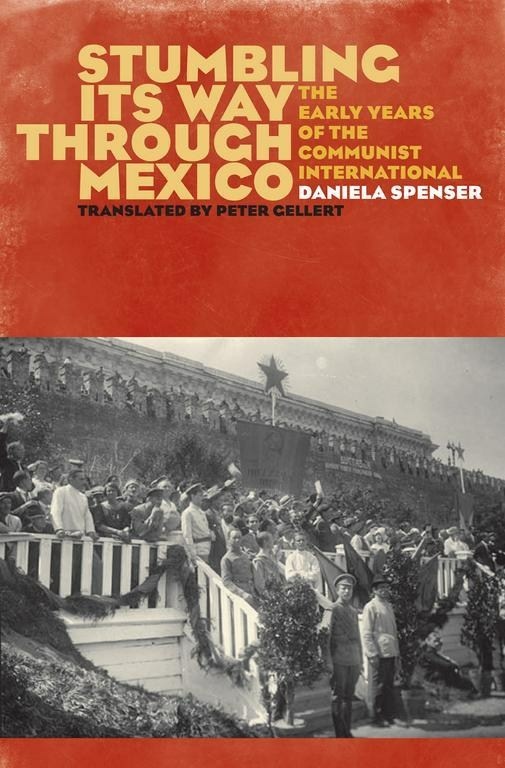
216 pages, 6 1/8 x 9 1/4
20 illustrations
Hardcover
Release Date:15 Jul 2011
ISBN:9780817317362
Stumbling Its Way through Mexico
The Early Years of the Communist International
University of Alabama Press
Stumbling Its Way through Mexico records the early attempts by the Moscow-based Communist International to organize and direct a revolutionary movement in Mexico. The period studied, from 1919 to 1929, was characterized at the beginning by a wave of revolutions in Europe that the Bolsheviks expected to grow into an international phenomenon. However, contrary to their expectations, the revolutionary tide ebbed, and the new age they had expected receded into an uncertain future. In response, Moscow sent agents and recruited local leaders worldwide to sustain and train local revolutionary movements and to foment what they saw as an inevitable seizure of power by Communist-led workers.
Unlike the Soviet seizure of power in Russia, the Mexican Revolution of 1910–1920 had not changed the fundamental character of the nation-state. However, it did represent a sea change in the relationship between the state and society. When the Bolshevik Revolution broke out in Russia in 1917, Mexican workers already had generations of experience in the struggle against oppression, in forming class solidarity, in organizing strikes, and had tasted both success and failure. For decades in their workplaces, Mexicans had debated how to end the exploitation of labor and practice international solidarity. Mexico had an indigenous labor movement acting with some success to establish a place in a new Mexico. The agents that Moscow chose to lead the Communist movement in Mexico lacked an understanding of the local situation and presumed a lack of indigenous confidence and experience that doomed to failure their efforts to impose external control over the labor movement.
Based on documents found principally in the Soviet archives recently opened to the public, Stumbling Its Way through Mexico is an invitation to rethink the history of Communism in Mexico and Latin America.
Copublication with the Centro de Investigaciones y Estudios Superiores en Antropologia Social.
Daniela Spenser is a historian and researcher with CIESAS (Centro de Investigaciones y Estudios Superiores en Antropología Social), and is the author of The Impossible Triangle: Mexico, Soviet Russia, and the United States in the 1920s and coeditor of In from the Cold: Latin America’s New Encounter with the Cold War, and editor of Espejos de la guerra fria.




